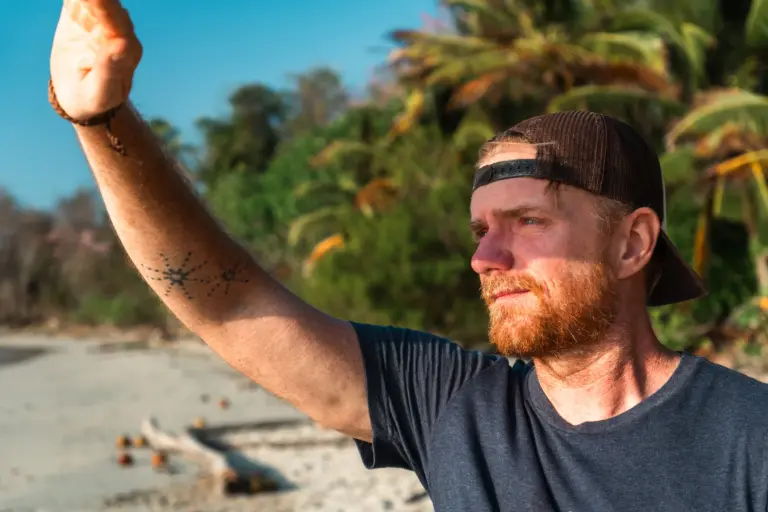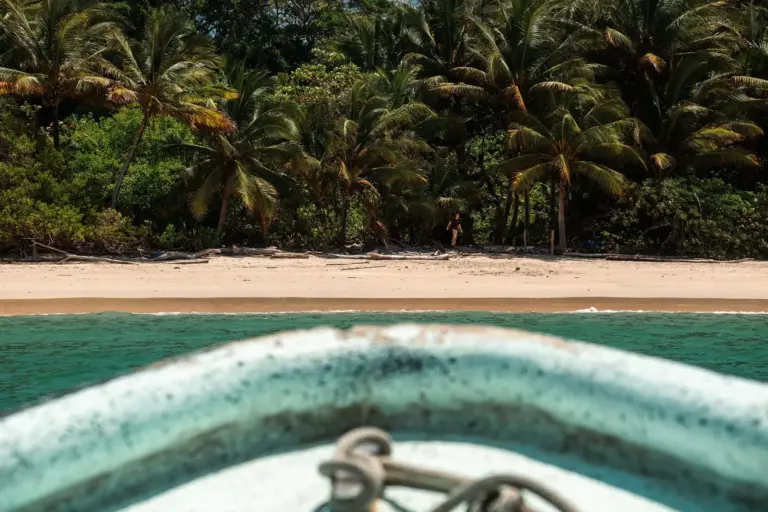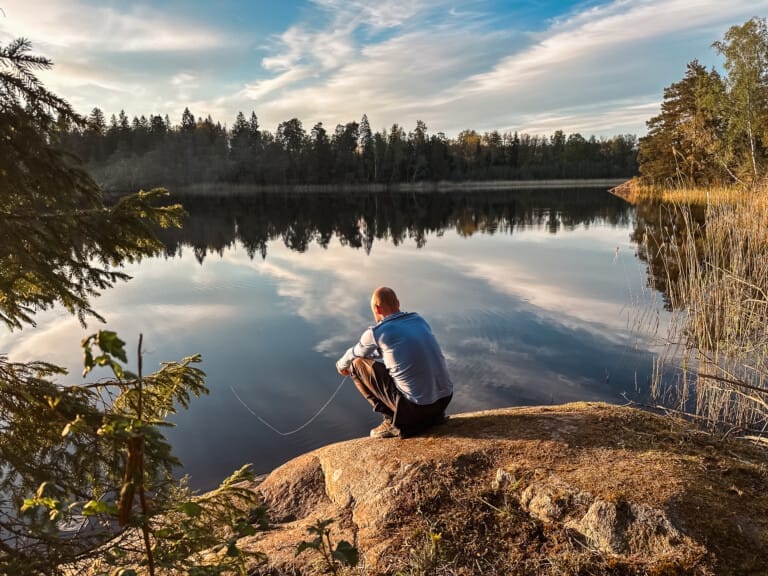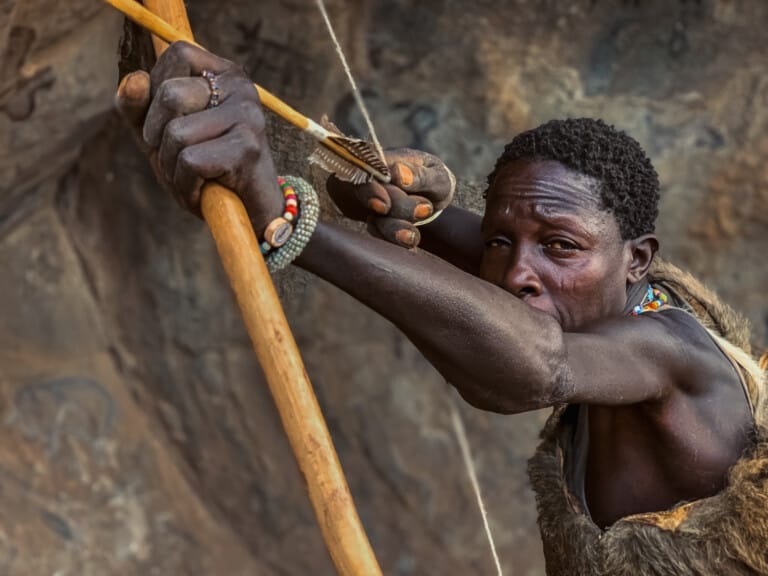Trusted by 1,000+ adventurers • 100% 5-star reviews
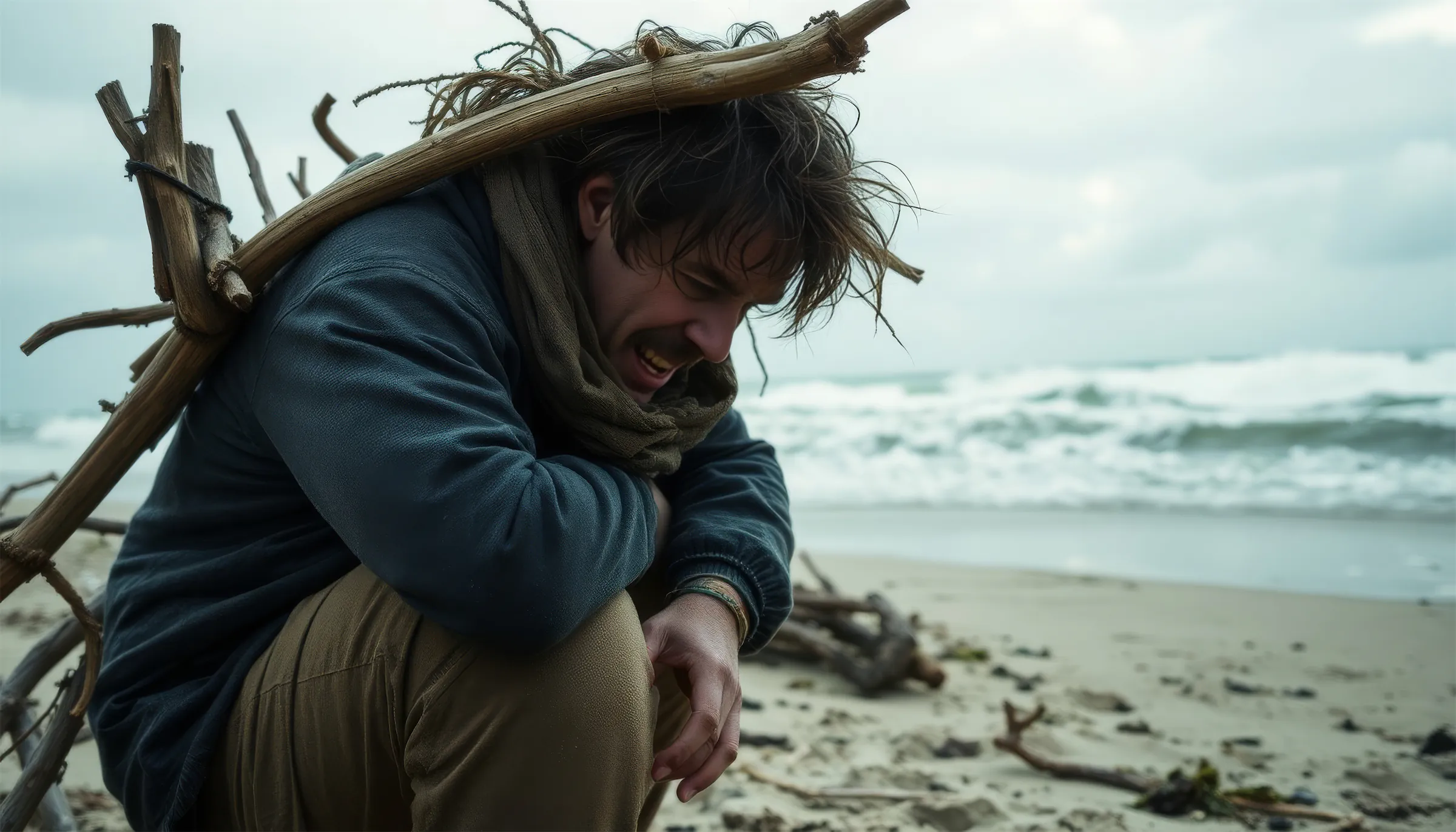
Why You’re Craving Discomfort, and What to Do About It
You’re comfortable. But something’s off. You’re not alone.
You’ve got a routine. A warm bed. A stocked fridge. Maybe even a good job and a well oiled social life. But under all that comfort, there’s a quiet restlessness. A hum in your bones that says: There’s more.
What if that unease isn’t something to fix, but something to follow?
At Desert Island Survival, we meet people every week who say the same thing: “I don’t know why I signed up for this. I just felt like I needed an adventure.”
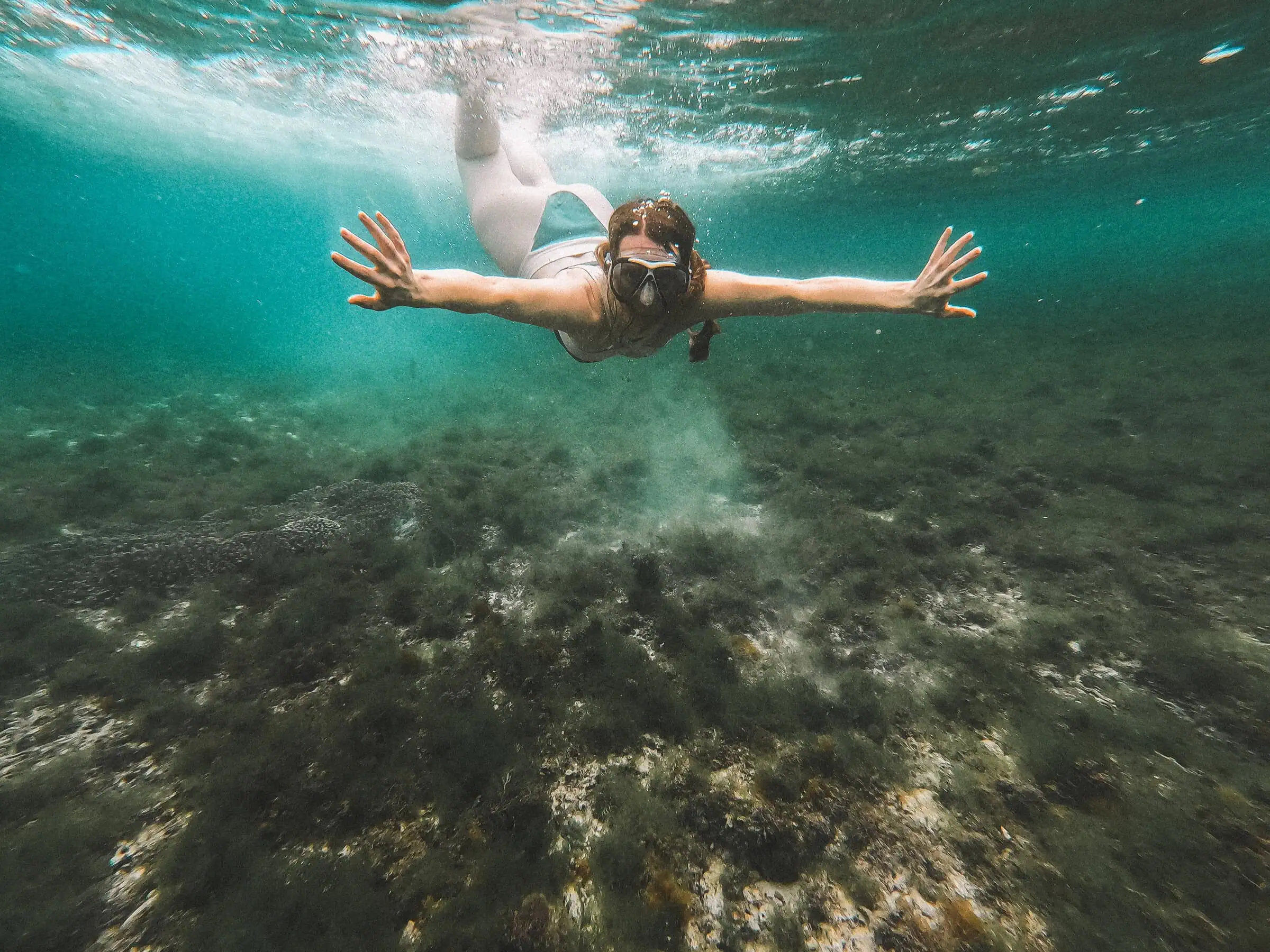
The Trap of Routine: When Comfort Becomes a Cage
Routines are meant to keep us safe, but over time, they can also shrink us.
You wake up, check your phone, drink the same coffee, commute the same route, scroll the same feedsThe days blend. You’re not living your just filling time.You feel flat, even in moments that should bring joy. You feel tired, even though you haven’t done anything hard.
This is the paradox of modern life: everything is comfortable, yet something feels off.
We weren’t built for constant ease. Human beings evolved to adapt, to move, to engage with our environment. But when life becomes too predictable, too padded, too processed, we lose that edge. We stop feeling the contrast that gives meaning to rest, to achievement, to aliveness.

As one past participant put it:
“I didn’t realise how numb I’d become until I was cold, wet, and laughing beside a fire I helped build.”
It’s not that comfort is the enemy, it’s that we’re meant to step out of it on purpose, from time to time. To remember that we’re still alive. That we can still feel the effort. That we can still surprise ourselves.
And sometimes, all it takes is a few wild nights out in the elements to make our ‘normal life’ feel vivid again.
Discomfort as Medicine
Modern science increasingly supports what many ancient cultures knew instinctively: discomfort isn’t something to avoid, it’s something to engage with.
Engaging in voluntary challenges activates adaptive responses in our bodies and minds, enhancing resilience and overall well-being.
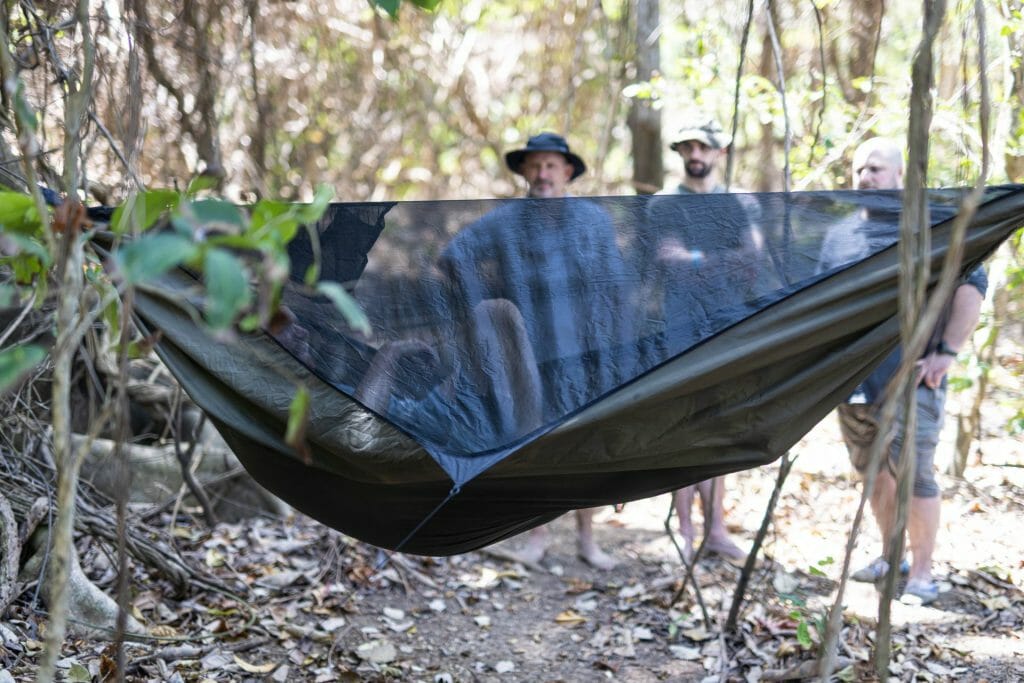
The Science of Hormesis
This is called hormesis, the process where small doses of stress actually stimulate growth and strength. As David Goggins calls it, callousing the mind. Studies show that controlled stressors can promote health, improve longevity, and support emotional stability.
In practical terms, this means that activities like cold-water immersion, intermittent fasting, and physical challenges can trigger hormetic responses, leading to improved physiological and psychological resilience.
Cold Exposure and Mental Health
Cold exposure, such as cold-water immersion, has been shown to activate the neuroendocrine system, increasing the release of mood-enhancing neurotransmitters like dopamine. This response can elevate mood, enhance focus, and reduce symptoms of anxiety and depression.(Source: hubermanlab.com)
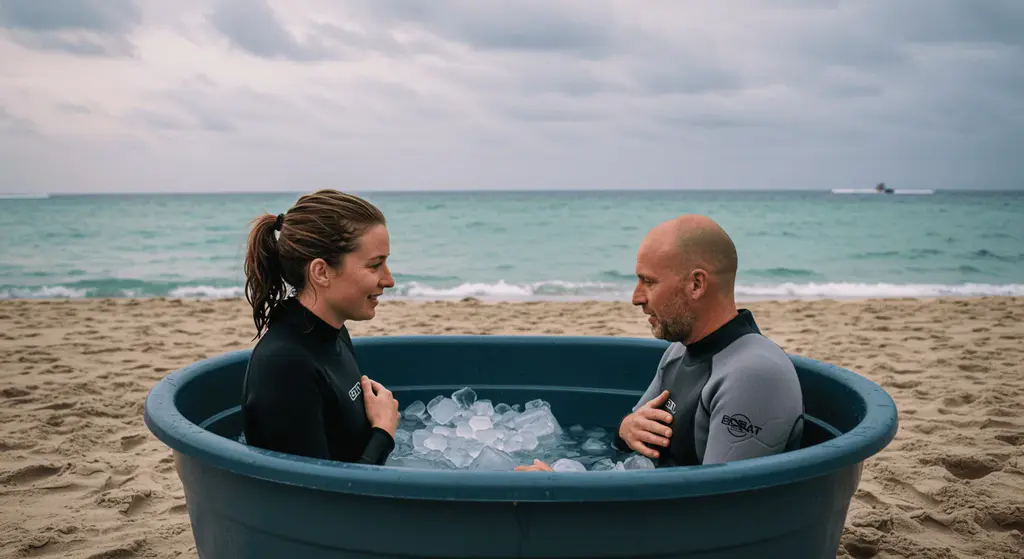
Additionally, cold exposure stimulates the vagus nerve, promoting parasympathetic nervous system activity, which helps the body relax and recover from stress.
Intermittent Fasting and Cognitive Function
Intermittent fasting has been associated with various cognitive benefits, including improved memory, increased production of brain-derived neurotrophic factor (BDNF), and enhanced synaptic plasticity. These effects contribute to better brain health and may reduce the risk of neurodegenerative diseases.
Purposeful Discomfort in Practice
At Desert Island Survival, we incorporate these principles into our experiences. Whether it’s a week-long adventure in the tropics or the UK Weekend with Naomi Allsworth, we create these moments on purpose. (Cold) dips at dawn. Fire-making from scratch. Sleeping outside with only what you’ve built.
These challenges are not about enduring hardship for its own sake but about facilitating a reset.
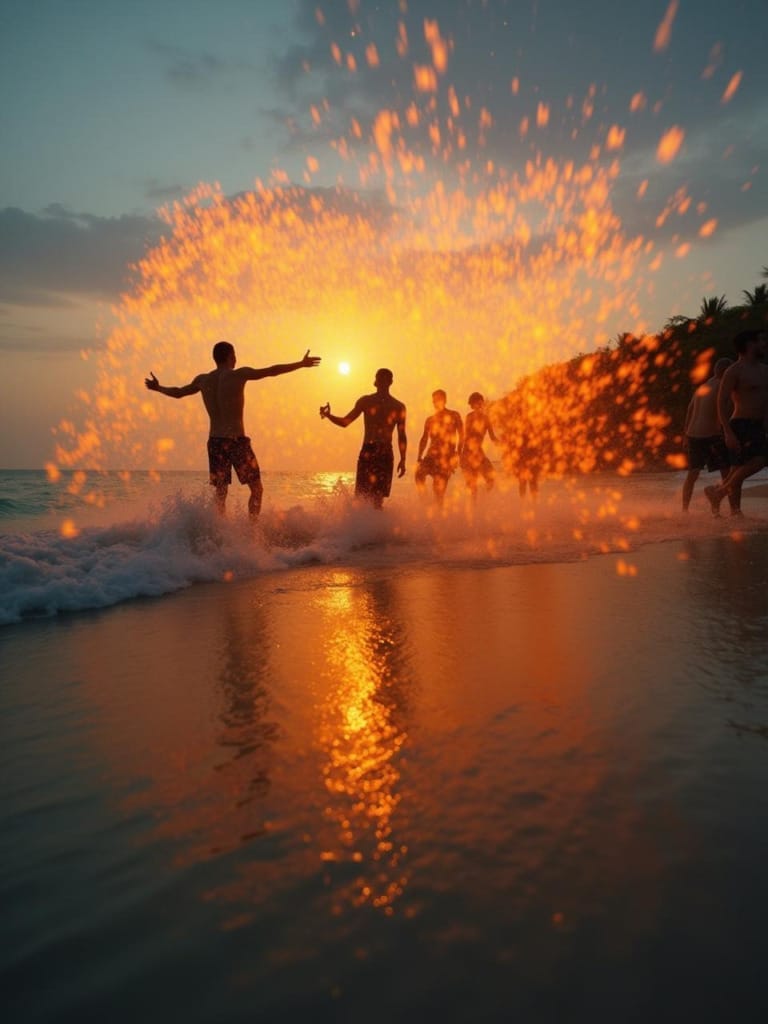
Evolutionary Pull: Why You’re Wired for Struggle
Modern life has removed almost every form of natural hardship,and yet we’re more anxious, restless, and disconnected than ever. Why?
Because we evolved in adversity. Our ancestors didn’t have central heating or Uber Eats, but they had something many of us are craving: meaning through effort. Purpose through participation. Bonds formed through shared challenges.
We didn’t grow from lounging, we grew from doing. Our brains, muscles, and emotional systems were shaped in environments that demanded action, attention, and grit.
And even now, with all the convenience, that old wiring still hums beneath the surface. And when life becomes too easy, that wiring misfires. We create artificial stress, arguments, overthinking, self-doubt, because the body still craves real challenge, real stakes, real aliveness.
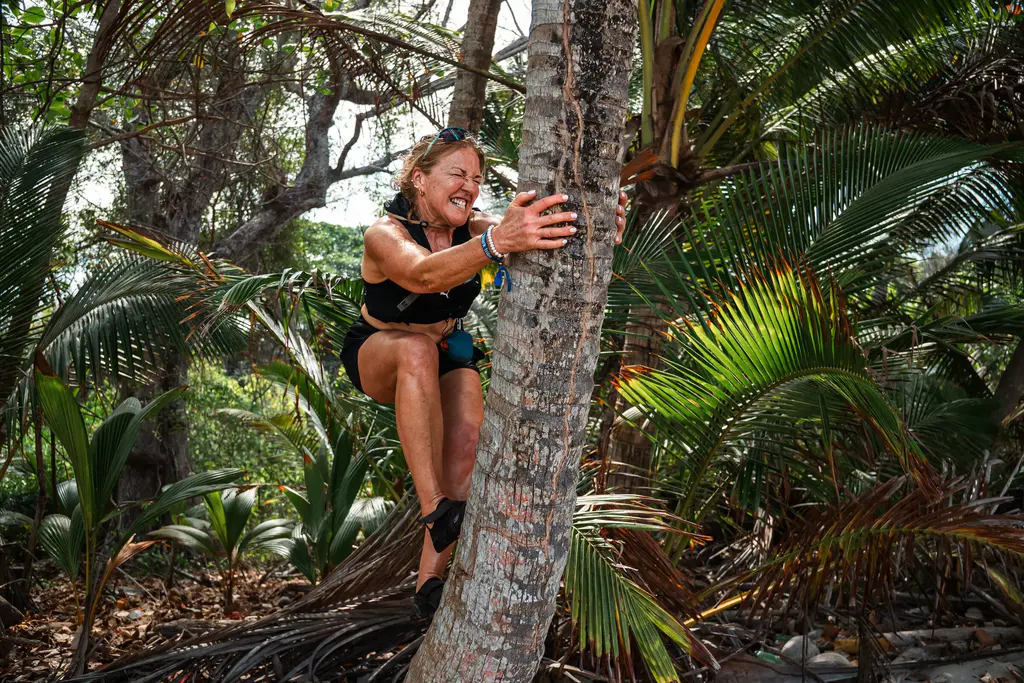
When you voluntarily step into struggle,especially in nature, you activate those forgotten circuits. You remember that you’re not fragile. We’re built to carry weight. To adapt. To endure.
And when you step into that kind of challenge, even just for a weekend in the wild, you don’t just remember who you are. You feel it.
Survival as Therapy: Purposeful Discomfort Transforms
Survival experiences aren’t just about “roughing it.” They’re not about punishment or deprivation. They’re about clarity.
When you build your own shelter, cook your own food, and sleep under open skies, your nervous system takes a deep breath. Your body grounds. Your mind clears. You’re not just surviving,you’re healing.
Our UK Weekend Adventure with Naomi Allsworth distills this experience into two intense, beautiful days. It’s not just learning skills, it’s rediscovering self-trust, teamwork, and presence.
And yes,it’s hard. But hard is what makes you feel alive.
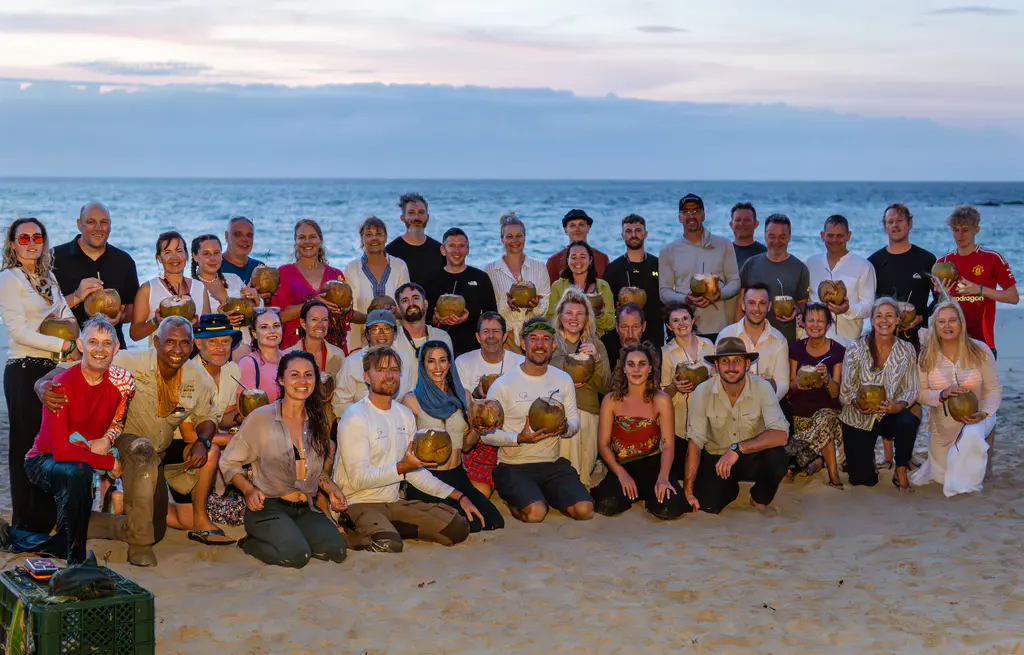
Your Craving Isn’t Wrong, It’s your programming
That itch for discomfort? It’s not something to fix or ignore,It’s your body saying: ‘I’m ready.’ Ready for a challenge. To hike to the next horizon and see what lies over it.



